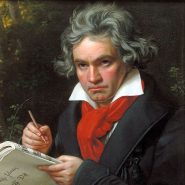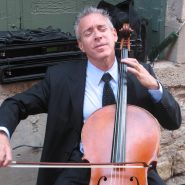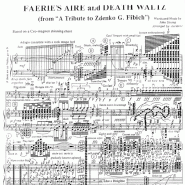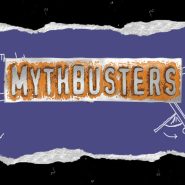Tag: coaching
By Guy Fishman November 20, 2014
Subjects Baroque, Historical
Tags Baroque, CelloBlog, coaching, Flesch, Guy Fishman, Portamento, Soyer, Tertis, vibrato
By Jonathan Pegis October 19, 2012
Subjects Orchestra, Repertoire
Tags accents, Audition, Beethoven, blog, bow changes, bow speed, cello, cellobello, coaching, confidence, control, dynamics, education, Excerpts, inflection, legato, markings, mistakes, nerves, orchestra, orchestral excerpts, phrasing, practicing, Preparation, pressure, recording, release, Rhythm, singing, sustain, Symphony, teacher, Teaching, technical challenges, variations, vibrato
By Mark Summer October 4, 2012
Subjects Artistic Vision
By Robert Battey December 1, 2011
Subjects Practicing
Tags art, Battey, cello, cellobello, chamber music, coaching, conservatory, Development, discipline, ensemble, frustration, goals, music, music-making, robert, sight-reading, students, Teaching, Technique, workshops
By Brant Taylor November 16, 2011





